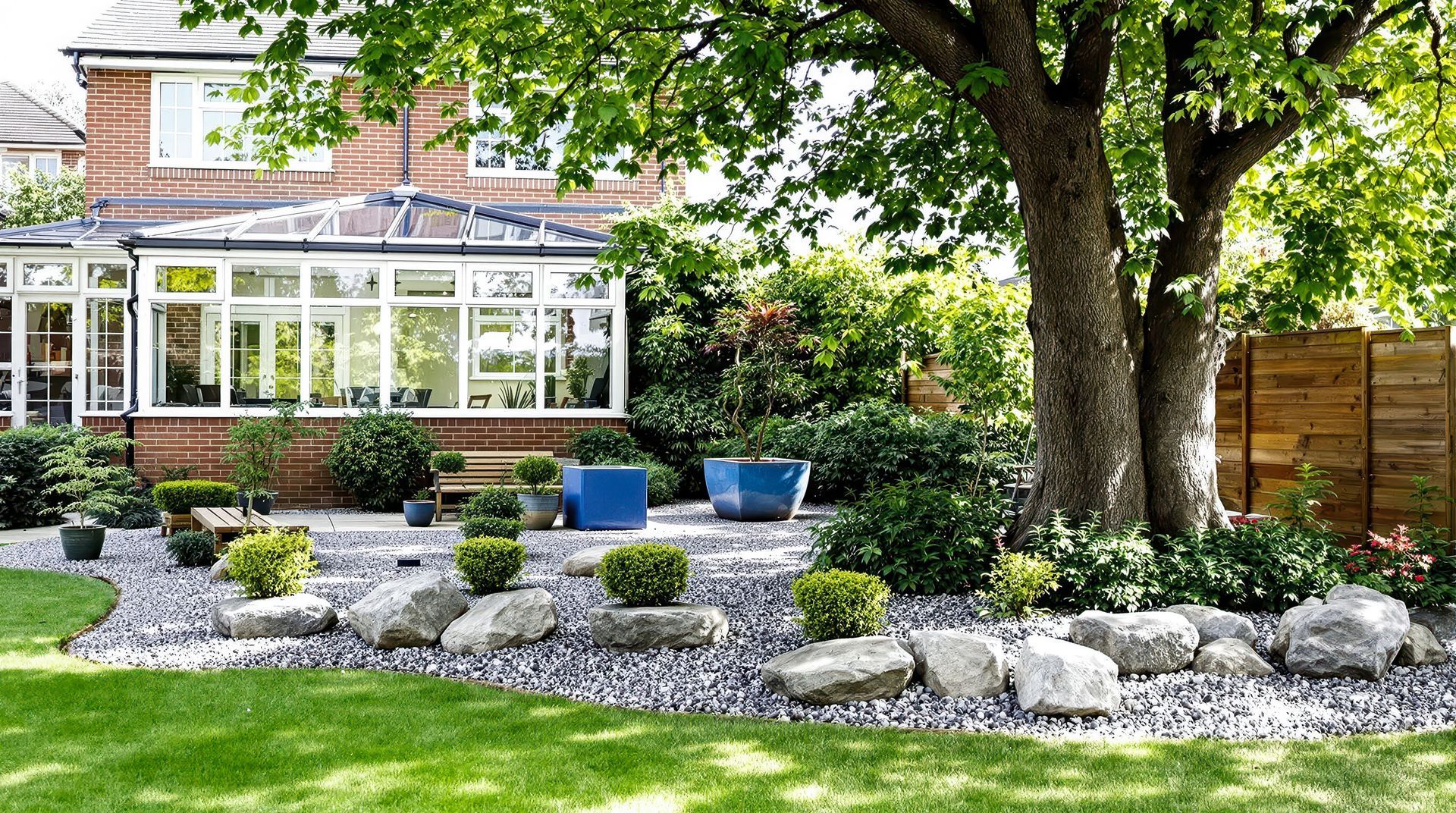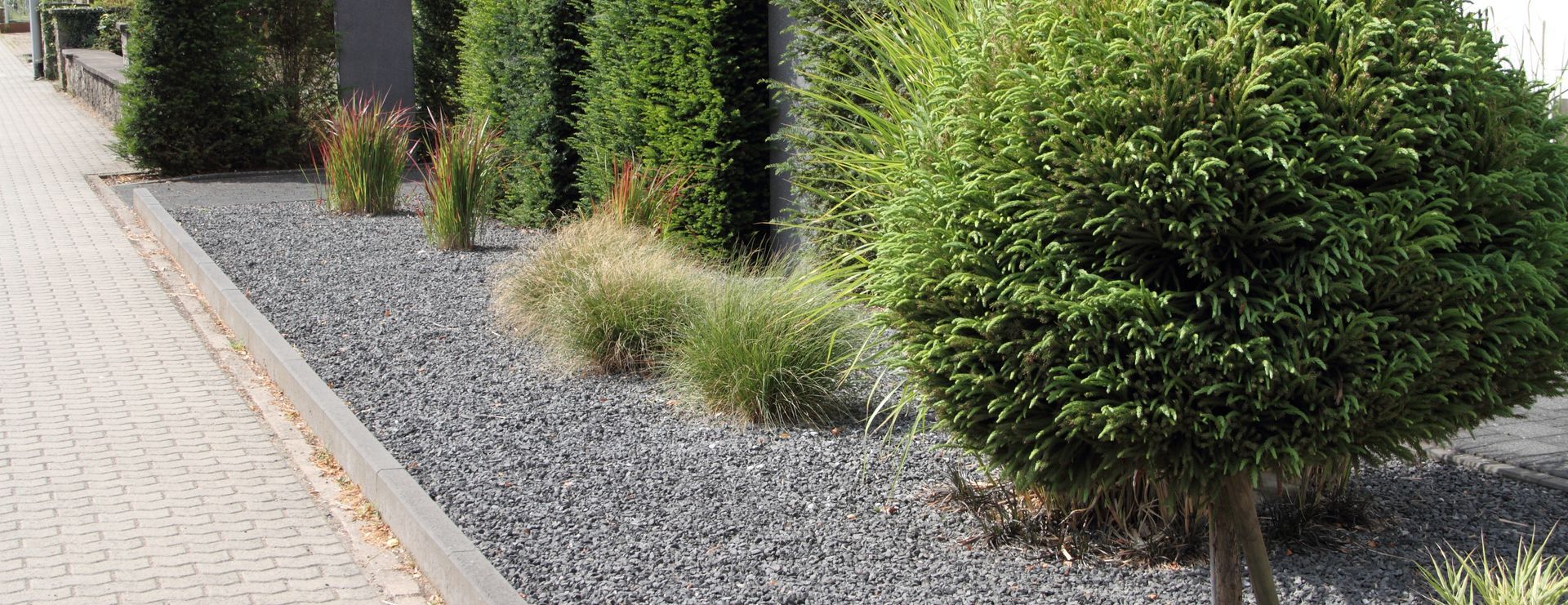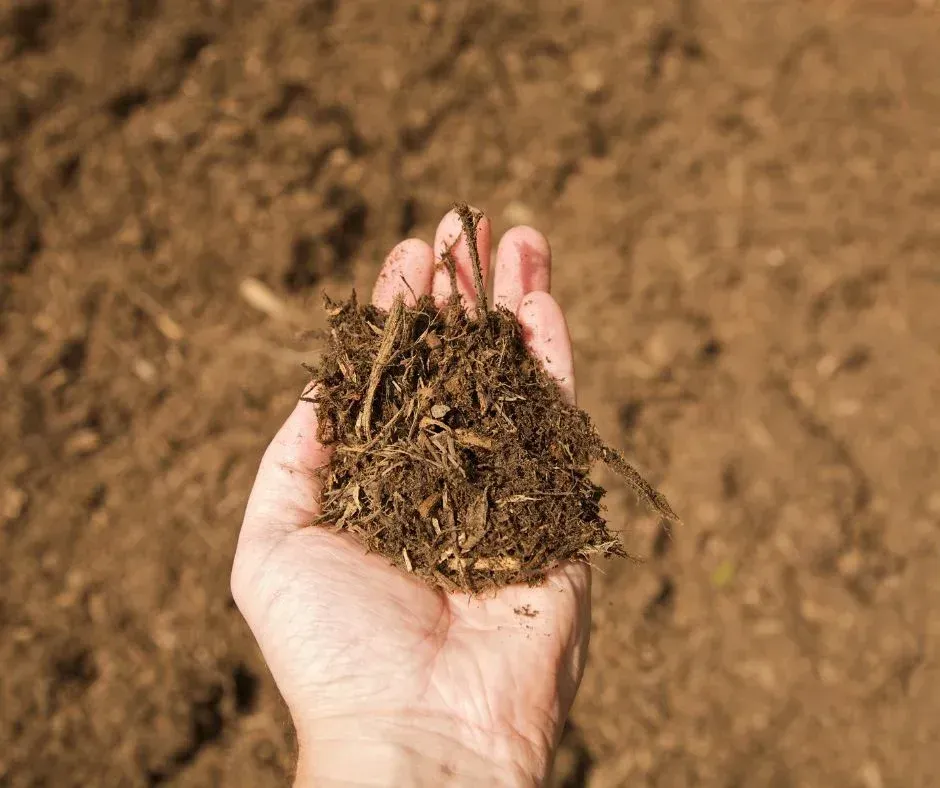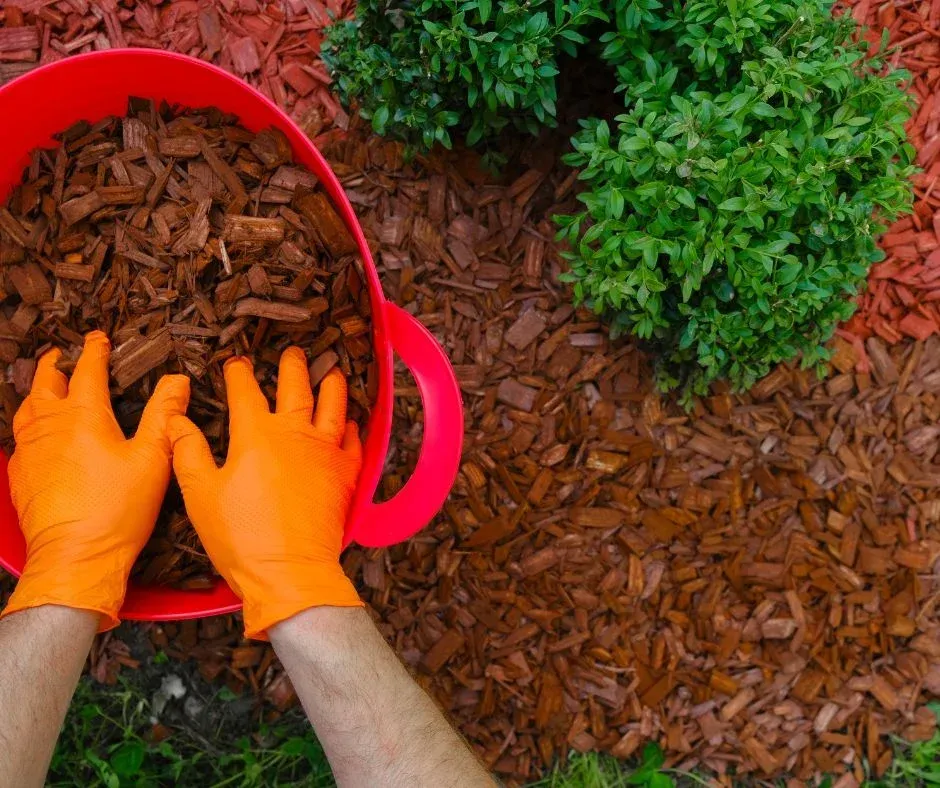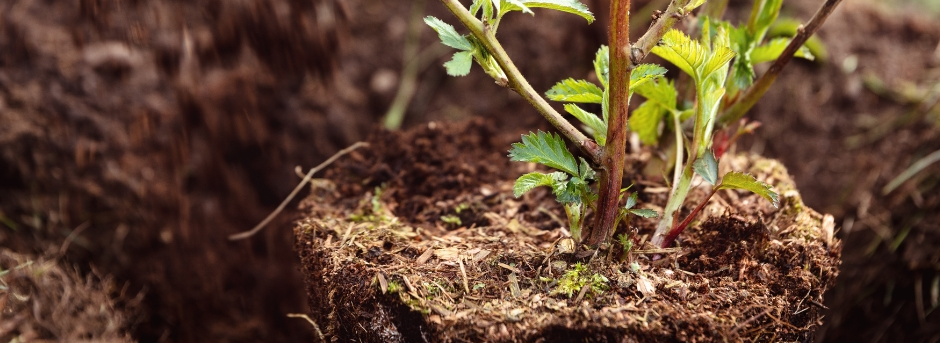Types of Crushed Rock and Their Uses in Landscaping
Crushed rock is a versatile and essential material for many landscaping projects. Understanding the different types of crushed rock and their unique benefits can help you choose the best material for your needs. In this article, we'll explore several popular types of crushed rock, including granite, limestone, and basalt, and discuss their applications and advantages in landscaping.
Granite
Granite is a dense, hard, and durable igneous rock composed mainly of quartz, feldspar, and mica. It is available in various colors, from light gray to deep red.
Applications:
- Pathways and Walkways: Granite's durability makes it an excellent choice for high-traffic areas like garden paths and walkways.
- Driveways: Its strength and resistance to weathering make granite ideal for driveways, providing a long-lasting surface that can withstand heavy use.
- Decorative Landscaping: Granite's varied colors and textures add visual interest to garden beds, rock gardens, and water features.
Benefits:
- Durability: Granite is one of the hardest natural stones, making it highly resistant to wear and tear.
- Aesthetic Appeal: Granite's range of colors and textures can enhance the visual appeal of any landscape.
- Low Maintenance: Granite requires minimal maintenance, retaining its appearance and functionality over time.
Limestone
Limestone is a sedimentary rock composed primarily of calcium carbonate. It is typically white, gray, or tan and can have a smooth or rough texture.
Applications:
- Garden Borders: Limestone's neutral colors and smooth texture make it perfect for creating clean, defined garden borders.
- Patios and Walkways: Crushed limestone is often used for patio and walkway bases due to its ability to compact well and provide a stable foundation.
- Soil Amendment: Limestone can be crushed into a fine powder and used to amend acidic soils, raising the pH and improving plant growth.
Benefits:
- Versatility: Limestone can be used in various landscaping applications, from structural bases to decorative accents.
- Natural pH Balancer: Limestone is a soil amendment that helps to neutralize acidic soils, promoting healthier plant growth.
- Cost-Effective: Limestone is generally more affordable than other types of crushed rock, making it a budget-friendly option for many projects.
Basalt
Basalt is a dark-colored, fine-grained igneous rock rich in iron and magnesium. It is often crushed for various landscaping purposes.
Applications:
- Driveways and Walkways: Basalt's hardness and density suit high-traffic areas, providing a stable and durable surface.
- Water Features: Basalt's dark color and natural look make it an attractive choice for water features like ponds and fountains.
- Erosion Control: Crushed basalt, due to its weight and stability, is effective for controlling soil erosion on slopes and embankments.
Benefits:
- Strength: Basalt is one of the strongest natural stones, making it highly resistant to crushing and wear.
- Aesthetic Appeal: Its dark color and fine texture can add a sleek, modern look to any landscape.
- Environmental Benefits: Basalt can help reduce soil erosion, preserving the integrity of your landscape over time.
Conclusion
Choosing the correct type of crushed rock for your landscaping project can enhance your outdoor space's beauty, functionality, and durability. Granite, limestone, and basalt offer unique benefits and applications, making them suitable for various uses. By understanding the characteristics and advantages of these materials, you can make informed decisions that will improve the overall quality and longevity of your landscaping projects. Whether you're building a pathway, creating a garden border, or installing a water feature, a type of crushed rock can meet your needs and elevate your landscape design.
